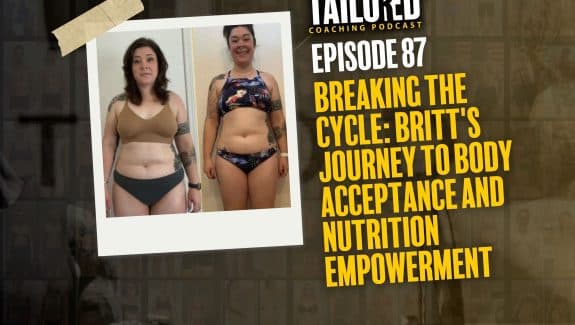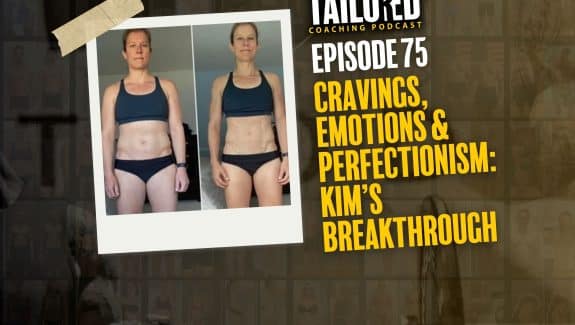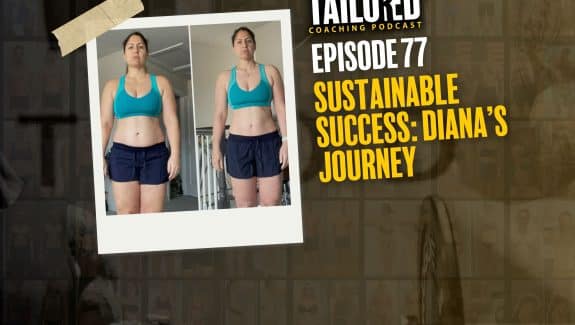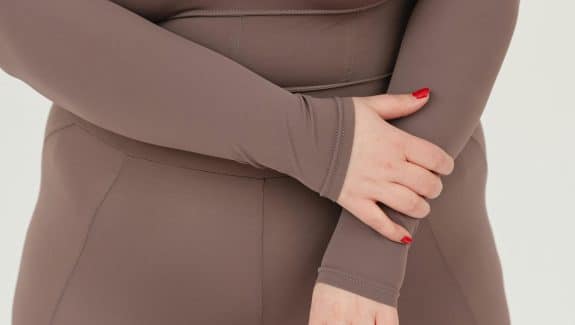 Caffeine can help you burn fat… But wait it can mess with your adrenal glands… But that’s only if you drink way the hell too much… But this study said otherwise… Someone else told me it hinders fat loss…. I heard it all depends on your genes…
Caffeine can help you burn fat… But wait it can mess with your adrenal glands… But that’s only if you drink way the hell too much… But this study said otherwise… Someone else told me it hinders fat loss…. I heard it all depends on your genes…
IS CAFFEINE GOOD FOR YOU OR BAD?!
I get this question all the time and it doesn’t surprise me at all! For example, when Google searching “Caffeine and weight loss”, there are 975,000 hits… There is so much info out there that it can be unbelievably confusing. Well thats why today I will answer the questions, explain the benefits and also break down the negatives of caffeine consumption. The very first thing I would like to say is that over consuming anything will have negative side effects. That being said, you should assume that I believe it’s not the greatest thing to drink TOO much caffeine. But I do believe it is ok to consume caffeine on a regular basis in good moderation. So now down to the geeky stuff! There are too sides to the caffeine debate, the first being that caffeine is a thermogenic which can increase metabolism and energy, therefore burning more calories. It is also a diuretic, which can cause temporary water weight loss. The other side is that caffeine can raise blood sugar levels, which in turn can raise insulin levels leading to the conversion of extra sugars into body fat. Caffeine has also been noted to stimulate cravings and appetite, making weight loss more difficult. Over consumption of caffeine has even been said to over stimulate the adrenal glands, which are highly responsible for producing cortisol. This can potentially hinder fat loss. So the battle of caffeine really can go either way. Lets break it all down…
Thermogenic Component
Thermogenesis occurs when drinking coffee by increasing your heart rate, which can increase your metabolism. When our metabolism is raised or sped up, it starts the lipolysis process, which is when your body releases free fatty acids into your blood stream. Another benefit of having caffeine as a Thermogenic is the energy boost it provides us. Drinking caffeine before a workout is done by many people and it truly can give you more energy, allowing you to lift more or heavier weights. Not only does it give you the boost to do more, but it has been shown that consuming caffeine 30 min prior to exercising can help your body convert fat into energy more easily. Both of these benefits of caffeine being a Thermogenic can boost or aid fat loss.
Diuretic Component
This isn’t necessarily a good thing because if you are not properly hydrated consuming too much caffeine can easily dehydrate you. The amount of just 500 milligrams of caffeine is enough to dehydrate someone, which is equivalent to a large energy drink or multiple cups of coffee. It is easy to hit 500 milligrams and if you are doing so, make a point to hydrate yourself adequately. Using a diuretic as a weight loss aid is not a very good idea and is unsatisfying simply because it is extremely temporary. As a nutrition and fitness coach I will admit that I myself have used this technique to get myself and others ready for a show and/or photo-shoots, because it does work temporarily. But I also make a point to get extra fluids in as soon as possible afterwards.
Genetics
Genetics have a huge component on coffee, but it is extremely hard to determine which side of the spectrum you fall under. Caffeine is predominantly broken down by the liver and it is our genetic make up that determines how efficiently our liver will handle this task. “Slow Metabolizers” don’t process caffeine very well and may be more likely to suffer from the negative side effects of caffeine more easily. It is hard to give a for sure answer to whether or not this is you, but a good way to tell is by how caffeine effects you. If you’re the type that gets the jitters, can’t fall asleep or feels like you’re on some kind of drug after drinking a Monster… This may be you. “Fast Metabolizers” have a genetic make up that allows their liver to handle the job a little bit better. These are the people who drink caffeine and can stay calm afterwards because the only effect from the caffeine is more focus, mental clarity and some good energy for a few hours.
Caffeine and Blood Sugar/Insulin
The fact of the matter is that even though caffeine does have some benefits to weight loss, it does have significant disadvantages as well. Studies show that caffeine slightly raises blood sugar levels and impairs insulin action. Blood sugar, also referred to as glucose, is what will make your body determine whether to store glucose as fat or to burn it for energy. When our blood sugar gets elevated our pancreas produces insulin, which sends sugar to the cells. This surge in insulin tells our body that we have plenty of glucose for energy and to start storing it. The bad thing is that this surge will cause us to store too much glucose, leaving us tired, hungry and craving more sugar. At this point you’re feeling pretty lethargic. This is simply the beginning of a bad cycle, which can lead to binge eating and/or over indulgence of calories. So does this mean caffeine causes us to eat more, get tired and be lethargic?! No, it simply means that caffeine can have a negative effect on our blood sugar and insulin levels which over time can lead to these negative side effects.
Adrenal/Hormonal Effects
Cortisol is a widely known and feared hormone because it has been shown to cause fat storage and fat gain. The reason caffeine can have a negative effect with this is because too much caffeine has been shown to over stimulate your adrenal glands. The adrenal glands are specifically responsible for producing cortisol; if we over stimulate them we can produce too much cortisol. This can result to extra fat storage around the abdominal area and over cause a slower rate of fat loss. This typically will happen if we over do caffeine for a prolonged period of time. For people who over-do caffeine, are hitting a plateau with weight loss, or seem to have a higher cortisol level, I would suggest dropping caffeine for 2-3 weeks to clear your body and detox it out a bit.
Conclusion
My conclusion is simple, MODERATION! Like I said before, over doing anything can lead to negative effects and bad things. So keep caffeine at a moderate level if you choose to consume it. And if you do choose to consume it, make sure you are staying well hydrated. But also, know your body and how it reacts to things. Keep a close watch and record of your nutrition and the way your body is functioning so you can be the one who determine whether or not you can handle the caffeine more or less. I will admit that I drink a cup of coffee, or two, every single morning when I wake up. I also drink a pre workout energy supplement that has a good amount of caffeine and on most days I also drink a sugar-free Rockstar Energy Drink to pump me up for training clients. In other words… I drink a lot of caffeine! But I also drink about 1½ gallons of water everyday and utilize other things with nutrition to ensure that my blood sugar and insulin levels are extremely healthy. So in my case, I think I am ok… Plus I don’t seem cracked out whenever I drink my energy drinks. But the bottom line is simple; if it helps you train keep it in! If you don’t even need it or you’re drinking energy drinks for the flavor, I would chill out a little bit with the caffeine. At the end of the day, just be smart and treat you’re body how it should be treated.
For even more “science-based” caffeine info, from another source so you can fully see that there are plenty of benefits and it is not purely opinion 😉 Check out David’s article HERE.
Hope that settles the debate….


























































































































































































































































































































































































































































































